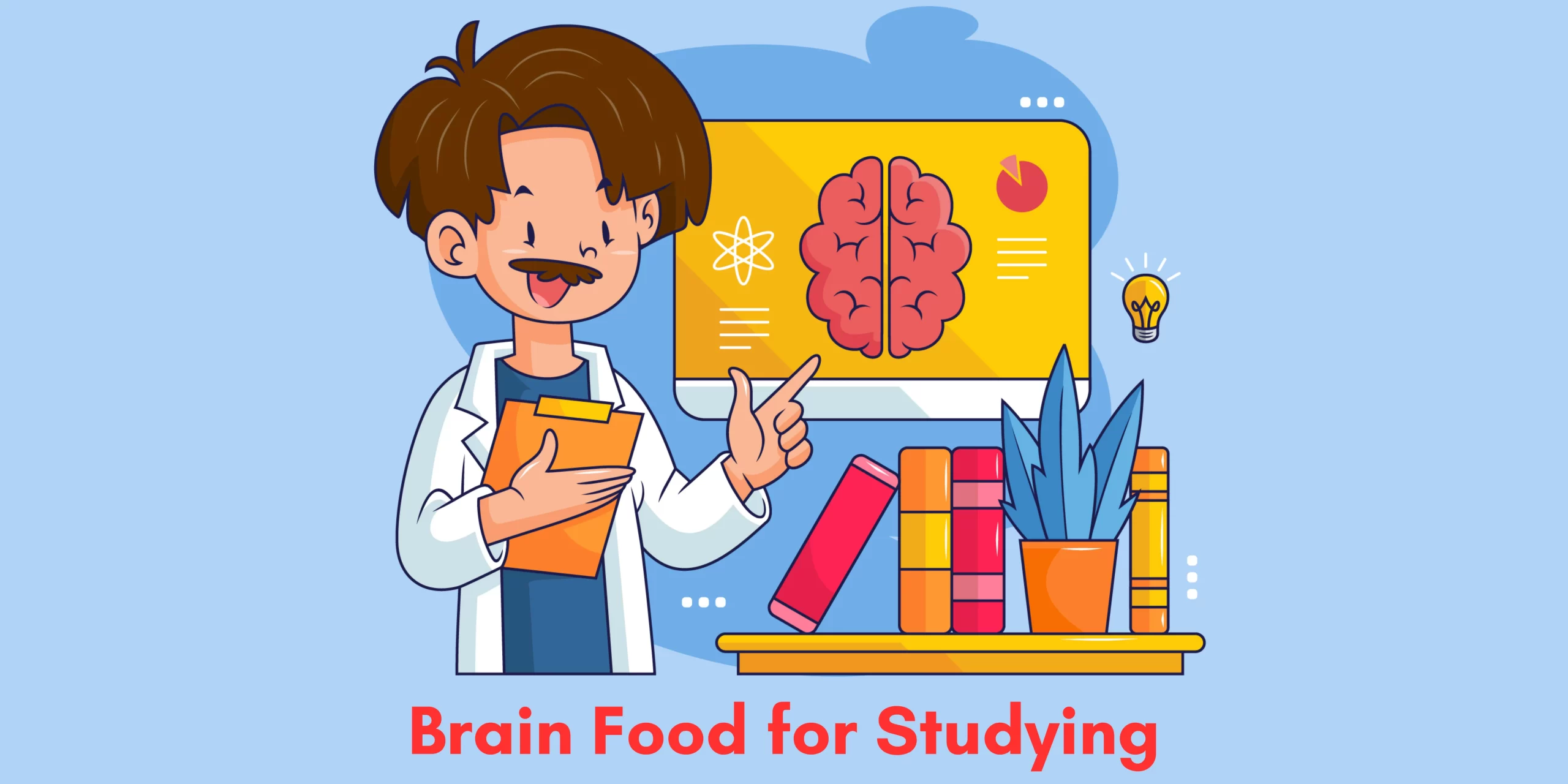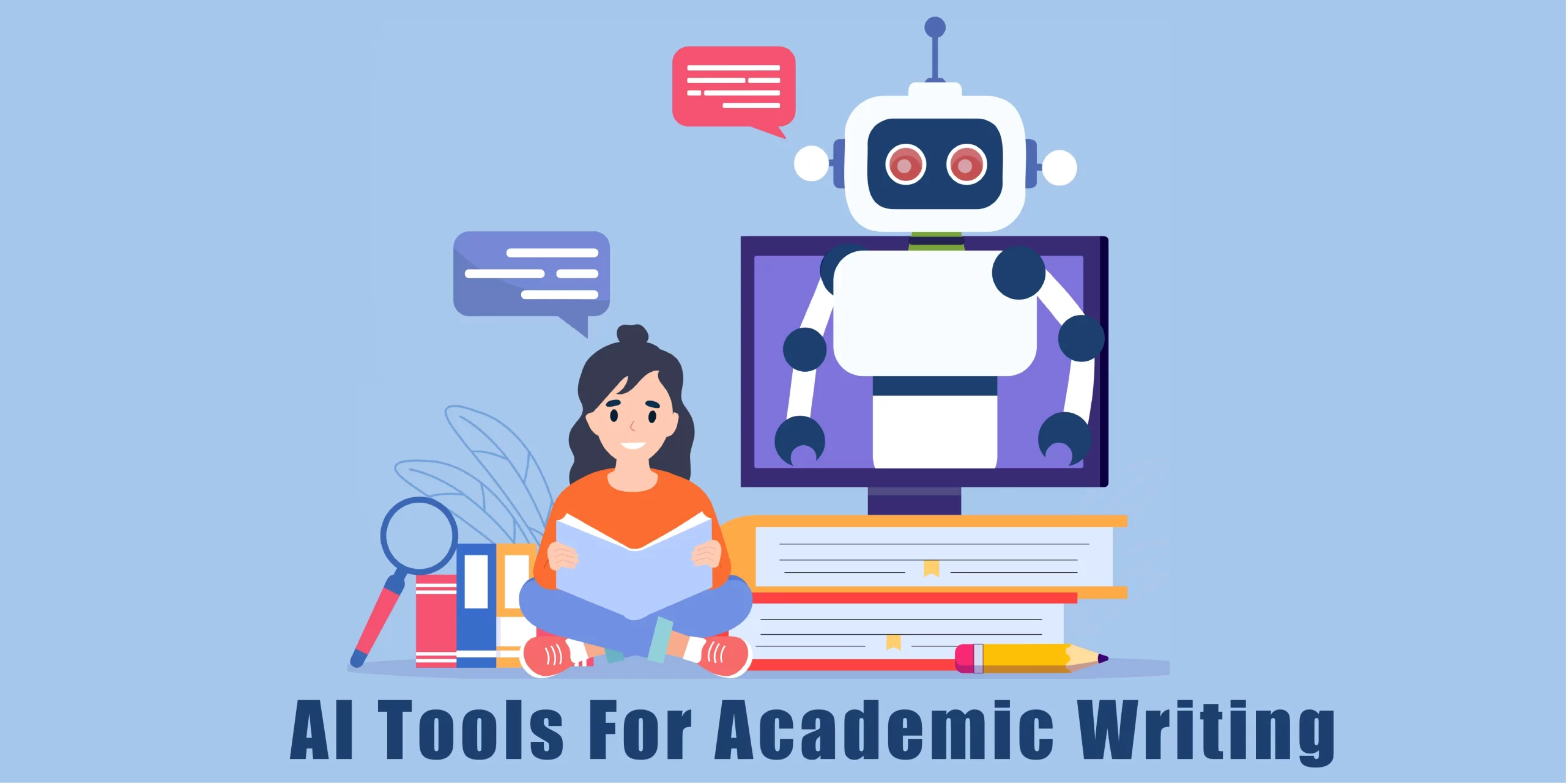Struggling to stay focused while studying? You’re not alone. Concentrating on complex concepts or memorizing key details can sometimes feel like climbing a mountain. But what if I told you the secret to unlocking your brain’s full potential might lie in what you eat? That’s right—choosing the right snacks can make all the difference in your academic performance.
Certain foods, often referred to as “brain food,” are scientifically proven to boost focus, improve memory retention, and enhance overall cognitive function. Whether it’s crunching numbers, crafting essays, or acing exams, fueling your brain with the right nutrients can set you up for success.
Brain-boosting snacks aren’t just for long study sessions—they’re essential for maintaining energy and preventing mental fatigue. From antioxidant-rich blueberries to protein-packed nuts, there’s a snack for every need. And don’t worry, we’ll cover everything from sweet to savory options so you can find what works for you.
Ready to fuel your brain and power through your studies? Dive into our guide and discover the best foods for studying that not only satisfy your hunger but also sharpen your focus.
Why Nutrition Matters for Studying?
Ever felt like your brain just refuses to cooperate during a study session? Chances are, your nutrition could be to blame. What you eat doesn’t just fuel your body—it powers your brain. Proper nutrition is a game-changer when it comes to academic performance, helping you stay sharp, focused, and ready to tackle any challenge.
The Role of Glucose and Hydration
Think of glucose as the premium fuel for your brain. When you eat foods rich in complex carbohydrates, like whole grains, your body breaks them down into glucose, providing a steady energy source for your brain. This keeps mental fatigue at bay and enhances focus. On the flip side, dehydration—even mild—can lead to headaches, difficulty concentrating, and reduced cognitive performance. So, a glass of water might be as important as your study notes.
Nutrients That Boost Brain Health
Certain nutrients have superpowers when it comes to boosting brain function:
- Omega-3 Fatty Acids: Found in foods like salmon and walnuts, these fats support memory and learning.
- Antioxidants: Blueberries and dark chocolate are packed with antioxidants that combat oxidative stress, protecting brain cells.
- Vitamins: B vitamins, especially B6 and B12, improve communication between brain cells, while vitamin E can help slow cognitive decline.
How Food Affects Focus?
The connection between your diet and your ability to concentrate is undeniable. Ever notice how you feel sluggish after a heavy, greasy meal? In contrast, eating lighter, nutrient-dense foods provides sustained energy without the dreaded crash.
In short, brain food isn’t just a trendy term—it’s the foundation of effective studying. By choosing the right nutrients, you’re giving your brain the best chance to excel.
Now that you know why nutrition matters, let’s explore the 25 best snacks to fuel your brain for studying success. Ready? Let’s dig in!
25 Best Brain-Boosting Snacks for Students
When it comes to staying focused and retaining information, the snacks you choose can make or break your study session. Here’s a list of 25 brain-boosting snacks, categorized for your convenience, so you can fuel your brain and ace your studies.
1. Fruits: Nature’s Quick Energy Boost
- Blueberries: Antioxidants for memory and focus.
- Oranges: Vitamin C for overall brain health.
- Bananas: Potassium for quick energy.
- Apples: Fiber-rich for sustained energy.
- Grapes: Hydrating and antioxidant-packed.
2. Nuts and Seeds: Omega-3 and Protein Powerhouses
- Almonds: Boost memory with vitamin E.
- Walnuts: Omega-3 for cognitive function.
- Chia Seeds: Blend into smoothies for fiber.
- Sunflower Seeds: Rich in vitamin E for brain health.
- Pumpkin Seeds: Magnesium for stress reduction.
3. Proteins: Long-Lasting Energy for Focus
- Hard-Boiled Eggs: Protein-packed and portable.
- Greek Yogurt: Probiotics and protein for a healthy gut-brain connection.
- Hummus: Pair with veggie sticks for a balanced snack.
- Turkey Slices: High in lean protein and perfect for wraps.
- String Cheese: Calcium and protein in a convenient form.
4. Healthy Carbs: Sustained Energy Without the Crash
- Whole-Grain Crackers: Pair with cheese or peanut butter.
- Popcorn: Air-popped and low-calorie with antioxidants.
- Oatmeal: Add fruits or nuts for a complete snack.
- Sweet Potato Chips: A healthy alternative to regular chips.
- Rice Cakes: Top with almond butter and banana slices.
5. Beverages: Hydration and Focus in a Cup
- Green Tea: L-theanine and caffeine for focus.
- Water with Lemon: Refreshing and hydrating.
- Smoothies: Blend spinach, banana, almond milk, and chia seeds for a nutrient boost.
6. Indulgences: Guilt-Free Treats
- Dark Chocolate: Antioxidants and a small caffeine boost.
- Avocado Toast: High in healthy fats and easy to customize with toppings.
Tips for Snack Prep and Pairing
- Plan Ahead: Pre-cut fruits and portion snacks to stay on track.
- Combine Nutrients: Pair carbs with proteins for balanced energy.
- Avoid Junk Food: Stick to wholesome, minimally processed options.
By including these 25 brain-boosting snacks in your routine, you’ll fuel your mind and body to stay sharp during even the most intense study sessions.
Struggling to stay focused while studying? The right snacks might be the key to unlocking your brain’s potential! For expert tips on managing your study time, check out our guide on how to do your homework.
When and How to Eat Brain Food?
Timing and preparation can make all the difference when it comes to using brain food to enhance your studying or exam performance. Let’s break down the best practices for fueling your brain efficiently.
Timing Tips: Eat Smart, Stay Sharp
1. Best Foods Before a Study Session or Exam
Starting with the right fuel can significantly impact focus and energy levels. Light, nutrient-dense options like blueberries, hard-boiled eggs, or a smoothie with chia seeds are perfect choices. They provide a quick boost without overwhelming your digestion.
2. Avoid Heavy Meals
Ever felt sluggish after a big lunch? That’s your body diverting energy to digestion instead of your brain. Stick to small, balanced meals that include a combination of protein, healthy fats, and low-glycemic carbs like sweet potatoes or whole-grain crackers to sustain energy.
Incorporation Tips: Making Brain Food Work for You
1. Easy Prep Ideas for Busy Students
Strapped for time? Opt for snacks that require minimal effort:
- Greek yogurt with a drizzle of honey.
- Pre-cut fruit salads with oranges and bananas.
- Almond butter spread on a rice cake.
These quick options ensure you’re always ready to refuel without breaking your routine.
2. Portable Snacks for On-the-Go Studying
Keep your snacks mobile to stay focused anywhere. Pack trail mix with almonds and dried fruit, carry string cheese, or prepare small containers of hummus with veggie sticks. These are perfect for libraries or between classes.
Pro Tip
Hydration is just as crucial as food. Pair your snacks with water infused with lemon or a cup of green tea for added focus.
By eating strategically and incorporating convenient, brain-boosting foods, you can maximize your cognitive potential and ace your academic challenges.
Brain Foods to Avoid During Study Sessions
Certain foods may seem like convenient study snacks, but they can hinder your concentration and overall cognitive performance. Here are five types of foods to avoid during study sessions and exams.
1. High-Sugar Snacks: Quick Energy, Short-Lived Focus
Sugary treats like candy, sodas, and pastries might provide a brief energy boost, but they lead to a quick sugar crash, leaving you tired and unfocused. Opt for naturally sweet alternatives like fruits or smoothies with no added sugar.
2. Greasy and Heavy Meals: Energy Vampires
Meals high in grease and fat, such as fast food burgers and fried chicken, slow your digestion and redirect energy from your brain to your stomach. This can cause sluggishness, making it hard to concentrate. Swap these for lighter, protein-rich options like grilled chicken or whole-grain sandwiches.
3. Highly Processed Foods: Empty Calories
Foods like chips, instant noodles, and processed snacks often lack essential nutrients and are loaded with additives. They fill you up without providing the brain-boosting nutrients you need to focus. Choose nutrient-dense snacks like nuts or seeds instead.
4. Caffeine Overload: Jitters and Insomnia
While a small amount of caffeine from green tea or coffee can help with focus, consuming excessive amounts can lead to jitteriness, increased anxiety, and disrupted sleep patterns. Avoid energy drinks and limit yourself to moderate caffeine intake.
5. Salty Snacks: Dehydration Hazards
High-sodium foods like pretzels, potato chips, and salted nuts can lead to dehydration, which negatively impacts cognitive function. Stick to low-sodium options and pair your snacks with plenty of water.
Why Avoid These Foods?
Bad brain foods can impair focus, slow down mental processing, and even make you feel lethargic at critical moments. Preparing ahead and making smarter choices ensures your brain stays sharp and ready to tackle any challenge.
Remember: what you leave off your plate is just as impactful as what you include. Make every bite count!
Scientific Benefits of Brain Foods
Ever wonder why some foods are called “brain foods”? Science provides compelling evidence for their cognitive benefits. Incorporating the right nutrients into your diet can significantly enhance focus, memory, and overall brain function. Let’s dive into the science behind these superfoods.
Omega-3 Fatty Acids: Fuel for Brain Power
Research consistently highlights omega-3 fatty acids—found in foods like walnuts, chia seeds, and salmon—as crucial for brain health. Studies show that omega-3s improve memory, concentration, and even reduce the risk of cognitive decline. One study published in Frontiers in Aging Neuroscience revealed that individuals with higher omega-3 intake demonstrated better working memory and cognitive flexibility.
Antioxidants: The Brain’s Protectors
Antioxidants, abundant in blueberries, dark chocolate, and spinach, combat oxidative stress, a major contributor to brain aging and memory loss. A Harvard study concluded that a diet rich in antioxidants improves neural efficiency, keeping your brain sharp during long study sessions. These compounds also protect your brain cells from damage, ensuring sustained cognitive performance.
Hydration: The Unsung Hero
Dehydration—even mild—can impair focus, memory, and mood. Staying hydrated with water, lemon-infused water, or herbal teas is essential for peak brain function. A study from The Journal of Nutrition demonstrated that individuals who remained adequately hydrated had faster cognitive response times and improved alertness.
Brain Foods: Backed by Science, Proven in Life
From omega-3s boosting neural connections to antioxidants protecting brain cells, these foods offer more than just nutrition—they’re your secret weapon for academic success. Ready to fuel your brain and unlock its full potential? Start incorporating these scientifically-backed foods into your daily routine.
Conclusion
Healthy snacks aren’t just a nice addition to your study routine—they’re game-changers for focus, memory, and overall academic performance. By choosing brain-boosting foods like blueberries, nuts, and whole grains, you can fuel your cognitive abilities and tackle even the toughest study sessions with ease. The best part? These small, nutritious changes lead to big results, not only in your grades but also in your energy levels and mental clarity.
Struggling to stay consistent with your study habits? Remember, what you feed your brain matters as much as how you use it. Whether it’s prepping snacks ahead of time or swapping sugary treats for wholesome alternatives, every choice counts toward your success.
Need more tips to boost productivity and ace your studies? Quick Edu Help has you covered. From practical advice on healthy study snacks to expert guidance on improving focus and tackling academic challenges, we’re here to help. Visit our website for study tips, productivity resources, and academic success strategies tailored to your needs.
Take the first step toward smarter studying today—because when you fuel your body right, your brain follows!









